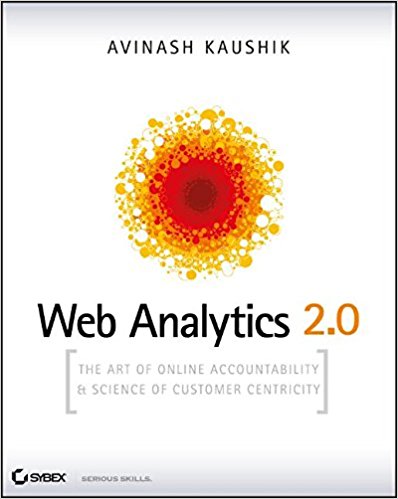-
Digital marketing analytics: Avinash Kaushik
 Read more: Digital marketing analytics: Avinash Kaushik
Read more: Digital marketing analytics: Avinash KaushikDigital marketing analytics on the web: See how digital marketing analytics can better inform your work. Read Avinash Kaushik. His website/blog Occam’s Razor on analytics is excellent. Be sure to sign up for his newsletter in the lower right hand of his website. Quotes: “The interesting thing about averages is that they hide the truth…
-
Original Electronic Music: Hold On
 Read more: Original Electronic Music: Hold On
Read more: Original Electronic Music: Hold OnOriginal Electronic Music: Hold On Immerse yourself in a warm bath of original electronic music and vocals with a driving beat. Hope you enjoy the song. Additionally, if you liked this, you might also enjoy Put it Down Lyrics: Hold On Take a handful of the sand Throw it out and it comes back Like…
-
New music: Satellite
 Read more: New music: Satellite
Read more: New music: SatelliteNew music – hope you enjoy! Solid beat with a warm drive, vocals and just a touch of melancholy. You might also like: Hold On SOS Lyrics: Alone but not alone with an old friend Turning pages reading to the end Reminded of the time that’s slipping by And memories of things best left unsaid…
-
New music: Turn the Music On
 Read more: New music: Turn the Music On
Read more: New music: Turn the Music OnNew Electronic Music: “Turn the Music On!” Sometimes, the only thing keeping your head straight is the music. In this case, a little upbeat electronic music. Right? You might also like: Hold On Save Another Song Lyrics Turn the Music On So you’re feeling kind of low You’ve nowhere else to go Feeling broken…
-
New music: Only One
 Read more: New music: Only One
Read more: New music: Only OneListen to melodic dance music track: Only One Pushed this to 132bpm and for dance music, it still takes a minute to get rolling. It also went a little longer than I planned. Please enjoy, and I always appreciate feedback. Mixing, mastering (and writing a good song) is challenging – haven’t figured it all out…
